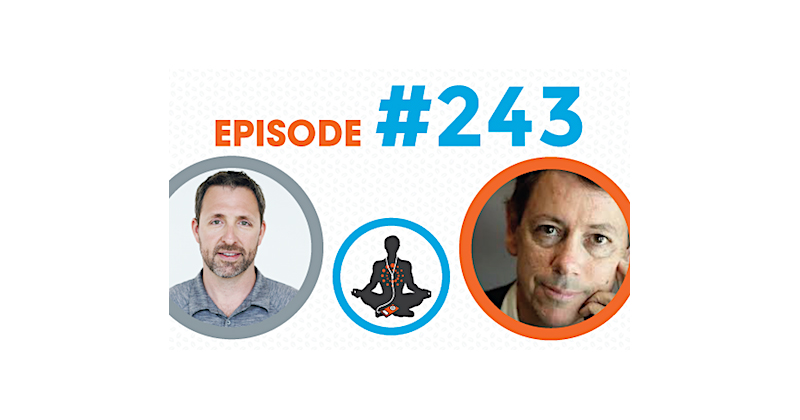QUIZ: Do You Have Grit?
Can you be as the occasion demands? How determined, patient, persistent, and (as needed) feral are you? Find out how much Grit you have, with this short quiz from my Foundations of Well-Being program: https://fwb.rickhanson.net/gritquiz
Not So Hard on Yourself
Here is a talk from the San Rafael Meditation group with Rick Hanson. It is titled Not So Hard on Yourself.
More information on the San Rafael Mediation group can be found here.

Self-Consciousness and Self-Awareness
Here is a talk from the San Rafael Meditation group with Rick Hanson. It is titled, “Self-Consciousness and Self-Awareness.”
QUIZ: What’s Your Expression Style?
As profoundly social primates, we have a normal longing for others to find the buried treasure inside of us - but we must express ourselves for this to happen. Find out how comfortable you are expressing yourself, with this short quiz from my Foundations of Well-Being...
QUIZ: How do you Contribute to the World?
You offer many things to others each day in ways large and small. Sometimes people feel good about their contributions into the world - and sometimes they don’t, feeling anxious, stressed, or inadequate. Learn how you feel about your own contributions, with this short...
QUIZ: Do You Realize Your Dreams?
What we do with our childhood hopes and dreams affects us as we change and grow our entire lives. By listening to your longings you can reclaim the dreams you had for yourself as a child and find work that is at the intersection of what you love, what you're talented...

Dr. Rick Hanson on Bulletproof Radio
I was recently interviewed on the Bulletproof Radio podcast by Bulletproof founder Dave Asprey! Bulletproof Radio is one of the top health podcasts on iTunes, they have over half a million followers. We discussed how to get the best out of meaningful experiences,...